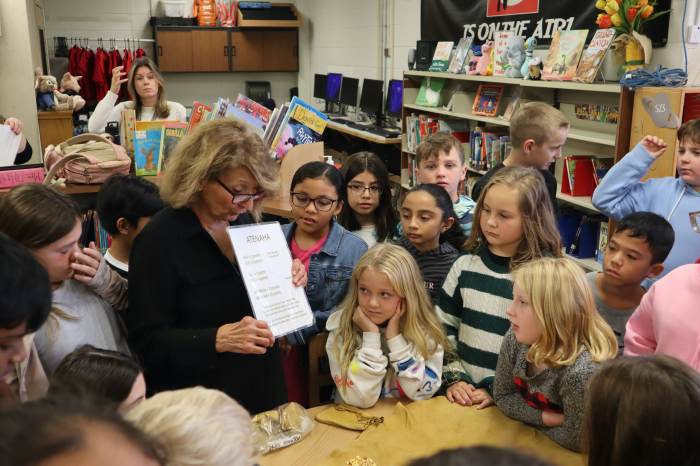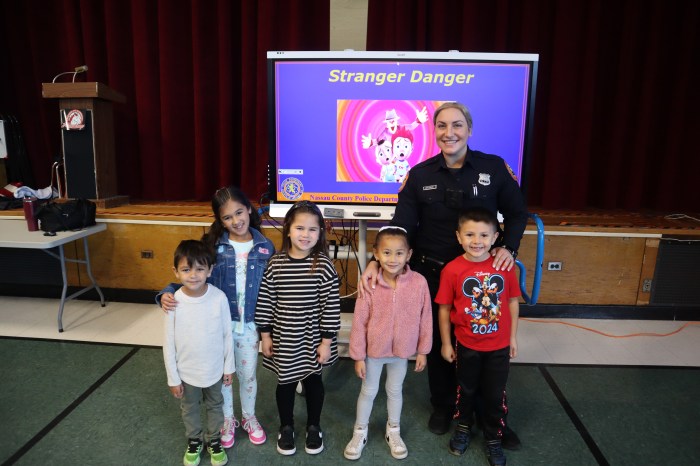Ever since H.G. Wells published The Time Machine back in 1895, the SciFi genre has permeated every aspect of modern popular culture. It’s in our society DNA to assume that, by the year 2525, Mars-bound spacecraft will be seen blasting off several times a day from any one of this planet’s myriad spaceports. My vision of 2525, however, is one of homespun farmers, blacksmiths, and windmills – albeit with genetically-engineered crops and the generation of electricity through means other than fossil fuels. Consider that the Amish, or at least people who will live very much like them, will be the norm in the 26th century not only because their self-sufficiency is more sustainable than our natural resource-hungry global, computerized, consumer-oriented civilization, but because they are better connected to reality, to each other, and to the source of their sustenance.
Yes, I know this runs against the idea of progress, but let’s not forget that in the end, the primitive Celtic and Germanic “barbarians” outlived the Roman Empire with its enormous wealth, military might, technical sophistication and organizational complexity.
Amish family life has not been replaced by TV, texting, the Internet, and hanging out at the mall. Amish picnics, barn-raisings, quilting bees, and churchgoing evidence a people completely involved in a rich community life. Amish schools aim to cultivate academic aptitude and produce a productive citizenry rather than promote social causes, alternative lifestyles, and the latest in pop culture psychobabble. The Amish see themselves as members of a community rather than as cogs in a bureaucratic machine. They see themselves, too, as a congregation of the faithful rather than as voting blocks, consumer focus groups, and sociopolitical interest factions. We frequently succumb to the stereotype of cultural insularity and intolerance born of homogenous ethnicity but, in fact, it is we “English” (the Amish term for non-Amish) who are isolated and narrow-minded. It is we who can’t adapt to the fragmentation modernity has foisted upon us and which we, through our lack of community involvement, have imposed upon ourselves.
I’m active in several civic organizations on Long Island – a trait that I estimate is shared with a very small minority. Two of these organizations run open-to-the-public museums that have operated for several years. And yet, hardly a week goes by when I don’t encounter somebody unaware that there is a museum in their own neighborhood. Both of these museums receive visitors from all over the country and one even welcomes group tours from overseas. They know about us in Germany and the Netherlands – to cite examples of two recent groups – but not a few blocks away. People are so plugged into Facebook, and television and the latest sale at the mall that they don’t know what’s going on in their own community; they have come to know more about the lives of Hollywood celebrities and sports figures than their own neighbors and family. Civic organizations that thrived a generation or two ago can hardly get five percent of the population of their town to become members let alone volunteer their time running these organizations.
This epidemic of public apathy and isolation extends to our professional lives as well. We have judges and public officials who live in gated communities or exclusive zip codes far removed from the consequences of their decisions. We have public school administrators who send their children to upscale private academies and don’t live in the communities they serve. We have municipal police officers dwelling in suburban bedroom communities who share little in common with the people they meet on patrol. We have business executives earning three or four hundred times what the average worker makes who are utterly clueless about the needs of their employees, their customers, the shareholders, and the communities in which their businesses operate. And we have very few congressmen or captains of industry who have family members serving in the military in time of war – in stark contrast to World War II when even Franklin D. Roosevelt’s sons were in the U.S. Navy.
The Amish teach us that stable and sustainable societies are created one community at a time by ordinary people in those communities. We are only helpless to control our lives and give our children and grandchildren a better life if we decide to cocoon ourselves in celebrity worship, clutter up our lives with gadgets and consumer goods, and put our faith in technological progress, social engineering, and the schemes of politicians rather than in ourselves, or neighbors, and our values. Community involvement is a manifestation of that faith.
Paul Manton































